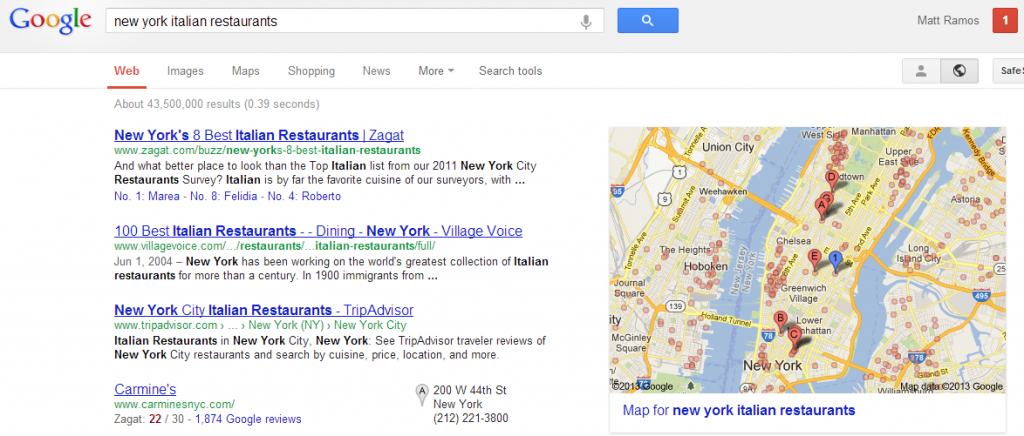
One of Google’s numerous changes last March is the addition of AuthorRank. To be an Author you need to be a member of Google+. This will provide more incentives for tech-minded authors to join, but might not give enough incentives for rest of the general public. To find out more about the new changes first let’s see the release in the Google AgentRank patent.
The identity of individual agents responsible for content can be used to influence search ratings.
Assuming that a given agent has a high reputational score, representing an established reputation for authoring valuable content, then additional content authored and signed by that agent will be promoted relative to unsigned content or content from less reputable agents in search results.
In the patent Google is referring to “agent” as an author. Content that is verified by an author will be graded and the grade will affect how the content is ranked in search results.
Query-Independence
 There are two categories for the search algorithm signals, which are query-dependent and query-independent. Query-dependent means how close content matches to a query. Query-independent criteria will measure the authority of the content.
There are two categories for the search algorithm signals, which are query-dependent and query-independent. Query-dependent means how close content matches to a query. Query-independent criteria will measure the authority of the content.
AuthorRank will become similar to the PageRank. Potentially when the best authors and best pages are combined, it can provide users with the most credible content within Google searches.
It will be interesting to see what happens when there is low to no AuthorRank and a high PageRank. It may provide ways to find different and new link profiles. The opposite could affect someone with a high AuthorRank but low or no PageRank. It could indicate new content but it also may bring and AuthorRank down over time.
AuthorRank Influences
PageRank will now be affected to a degree by AuthorRank. Content with links from a high AuthorRank can bring more trust and authority to a PageRank. Basically AuthorRank will not take over the importance of PageRank, just provide another insight to make it more accurate.
AuthorRank will vary based upon topics. This can provide niche topics and expertise providing more in-depth ranking between content providers. It can enhance the AuthorRank when authors produce quality content within the same topic. Additionally, when other high-ranking authors link to that content it can increase the original creator’s AuthorRank.
AuthorRank hinges specifically on the identity of authors and whom they are connected to. This is basically the biggest function of Google+, their identity platform. This with a digital signature of rel=author will prove to them your content is from YOU. AuthorRank was setup so that gaining a high ranking is difficult but losing it is very easy. This gives incentives to content creators to avoid risking their rank for promoting bad content.
Effect of AuthorRank
 Google searches have become so noisy recently that there is a need for credible and valuable content. After many people were wise to SEO practices and how Google search algorithms worked, they needed to find a way to reward great content.
Google searches have become so noisy recently that there is a need for credible and valuable content. After many people were wise to SEO practices and how Google search algorithms worked, they needed to find a way to reward great content.
Claim your Authorship first if you start to gain a high AuthorRank. Use rel=author and claim content today, this YouTube video can walk you through it.
Engage your circles on Google+ and other platforms and spread your content there. This will help you establish credibility among your peers for your topics.
Create great content. Content that is shareable and engaging for others and will provide interaction with others that could boost your AuthorRank.
Increase your Online Marketing exposure in 2012 with the above tips and contact us if you need assistance.
Image credits: vichie81 & tungphoto (www.freedigitalphotos.net)


